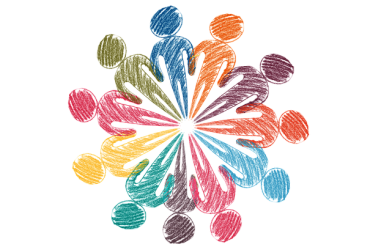Published by: Health Policy 123 (2019) 917–923

Stakeholder engagement in health policy research is often said to increase ‘research impact’, but the active role of stakeholders in creating impact remains underexplored. We explored how stakeholders shaped the translation of health policy research into action. Our comparative case-study tracked a European research project that aimed to transfer an existing tobacco control return on investment tool. That project also aimed to increase its impact by engaging with stakeholders in further developing the tool. We conducted semi-structured interviews, using an actor-scenario mapping approach. Actor-scenarios can be seen as relational descriptions of a future world. We mapped the scenarios by asking stakeholders to describe who and what would play a role in the tool’s utilisation. Our results show that stakeholders envisioned disparate futures for the tool. Some scenarios were specific, whereas most were generic projections of abstract potential users and responsibilities. We show how stakeholders mobilised elements of context, such as legislative support and agricultural practice, that would affect the tool’s use. We conclude that stakeholders shape knowledge translation processes by continuously putting forth explicit or implicit scenarios about the future. Mapping actor-scenarios may help in aligning knowledge production with utilisation. Insights into potential roles and responsibilities could be fed back in research projects with the aim of increasing the likelihood that the study results may be used.